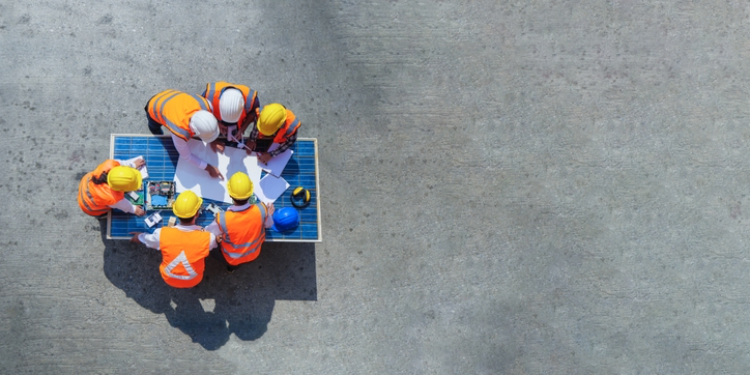
Construction in Mauritius has always been a dynamic and rapidly expanding sector. However, in August 2024, the sector will face a new surge in the prices of construction materials, affecting both large projects and small renovations. This price increase is due to a series of global and local factors, leading to significant repercussions for expatriates and residents planning construction projects on the island.
Why are construction material prices increasing?
Construction materials such as iron bars, paints, building tiles, and ceramic tiles have seen substantial price hikes. This surge is mainly attributed to ongoing disruptions in global supply chains. The COVID-19 pandemic, followed by various geopolitical conflicts, has caused delays in the production and shipment of materials, creating bottlenecks in supply chains.
Additionally, the rising costs of raw materials on international markets play a crucial role. Increases in oil and energy prices, essential for the production and transportation of construction materials, result in higher costs for end consumers.
Impact on the real estate sector
Immediate effects on ongoing projects
Ongoing construction projects are already feeling the impact of this price surge. Contractors must adjust their budgets to cope with the additional costs, which can lead to delays in work and modifications to initial plans. Real estate developers often have to pass these extra costs onto buyers, resulting in higher property prices.
Medium and long-term impact
In the medium and long term, this price increase could slow down the real estate sector. Investors may become more cautious, delaying or canceling projects due to cost uncertainties. Potential buyers, including expatriates, might also reconsider their investments in light of rising property prices.
According to an analysis by Business Magazine, the construction sector, although promising, might experience an adjustment period where large-scale projects are reconsidered, and smaller renovations become more common due to rising costs.
Influence on the rental market
The rising construction costs can also affect the rental market. Property owners investing in rental properties will need to adjust rents to offset the additional costs of construction and renovation. This could lead to increased rents, directly impacting expatriates and local residents.
Investment opportunities in Mauritius real estate
Despite these challenges, Mauritius continues to offer attractive real estate investment opportunities, especially for expatriates. The island remains a real estate paradise due to several key factors:
Tax advantages:
- Mauritius offers an attractive tax regime with low tax rates, no capital gains tax, and no inheritance tax, making real estate investment particularly appealing for expatriates.
Favorable legal framework:
- The Mauritian legal framework is stable and transparent, providing solid guarantees for foreign investors. Property laws are clear, and foreigners can acquire real estate under certain schemes such as the Property Development Scheme (PDS).
Economic growth:
- The Mauritian economy is continually growing, supported by diversified sectors like tourism, financial services, and information technology. This growth stimulates the real estate market, offering opportunities for property value appreciation.
Quality of life:
- Mauritius is renowned for its exceptional quality of life, with a pleasant climate, beautiful beaches, and world-class infrastructure. This attracts not only investors but also retirees and families looking to settle in a safe and welcoming environment.
Investment tips
To take advantage of these opportunities while navigating current challenges, here are some tips for expatriates:
- Hire Professionals: Hire local real estate agents and legal advisors to guide you through the purchase process and ensure compliance with all regulations.
- Evaluate Ongoing Projects: Look for real estate projects already in development or nearing completion to minimize risks associated with future construction cost increases.
- Explore Emerging Areas: Consider investments in developing regions of the island where prices are still accessible and demand is growing.
In conclusion, while the surge in construction material prices presents challenges, Mauritius continues to offer attractive real estate investment opportunities for expatriates. With proper planning and the right advice, it is possible to navigate these challenges and achieve profitable and sustainable investments on the island.



















